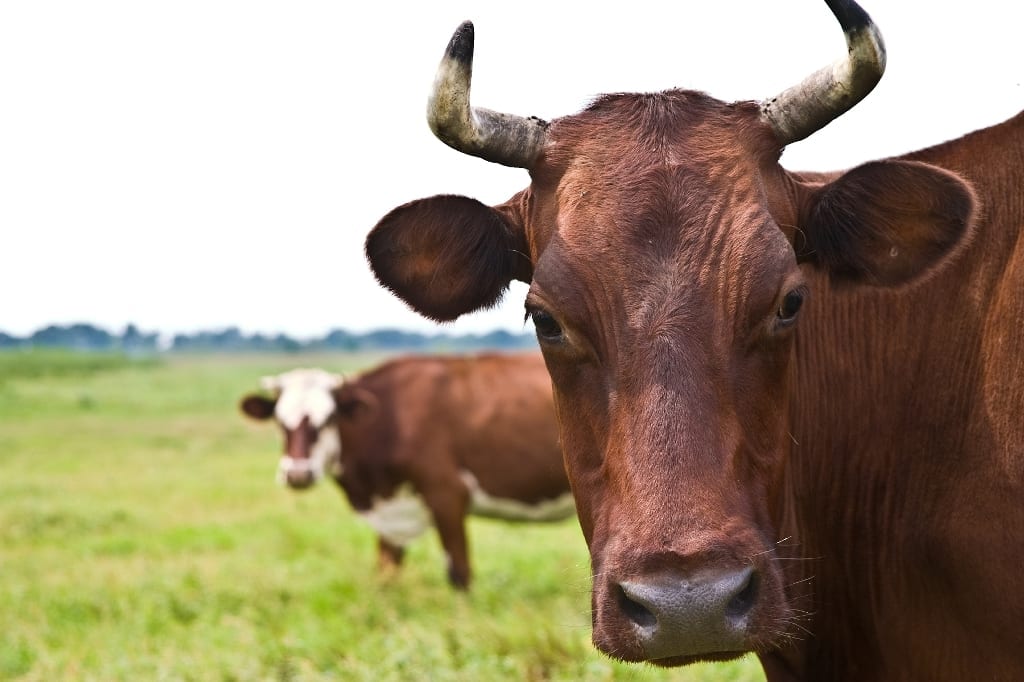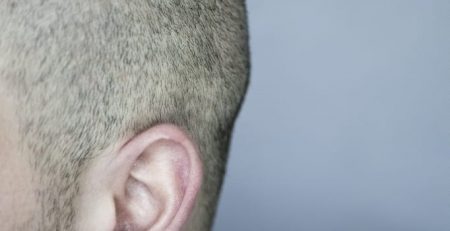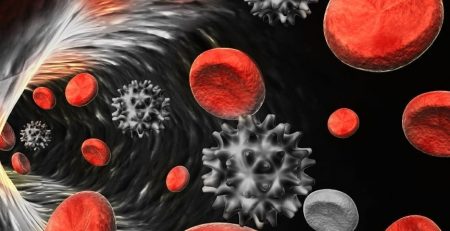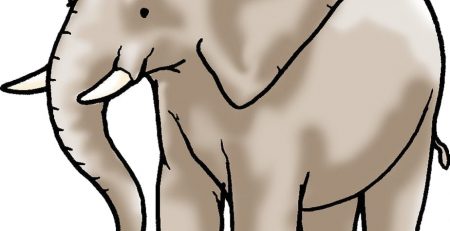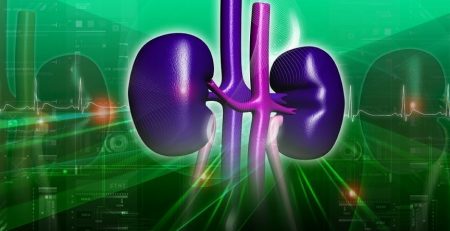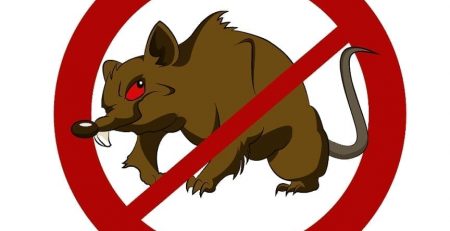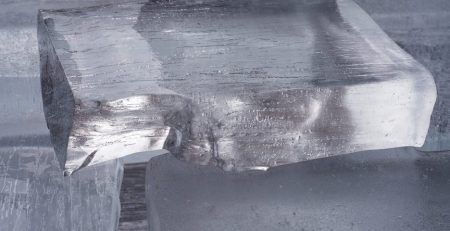Cattle Could Play a Major Role in Development of HIV Vaccine
In a series of experiments conducted by the US National Institutes of Health, researchers “found that cattle infected with HIV antigens began producing an antibody known as bNAb (broadly neutralizing antibodies)”, which they believe could assist in the development of an HIV vaccine, IFLScience.com reported.
This particular type of antibody latches onto “the only exposed surfact antigen on the virus.” The scientists injected 117 calves with the virus antigens (as cattle don’t naturally acquire HIV) and after 42 days 20% of the HIV strains tested had been neutralized. After just over a year this percentage reach 96%. The researchers believe this rapid antibody development may be “due to the fact that the cows have a digestive system packed with bacteria in order to break down grass, the animals evolved an immune system that rapidly develops antibodies to keep these microbes in check.”
“The response blew our minds,” Dr. Devin Sokit told BBC News. “It was just insane how good it looked, in humans it takes three-to-five years to develop the antibodies we’re talking about. This is really important because we hadn’t been able to do it period. Who would’ve thought cow biology was making a significant contriubtion to HIV?”
Read more about the study in a release for the National Institutes of Health or read the full study in Nature.




